One of the most critical questions for anyone entering the vending business is, “Do vending machine owners pay for locations?” The answer is not a simple yes or no. The arrangement between a vending machine owner and a location is a nuanced partnership, often involving various compensation models. This comprehensive guide breaks down everything you need to know about securing prime real estate for your vending machines and the financial agreements that make it work.
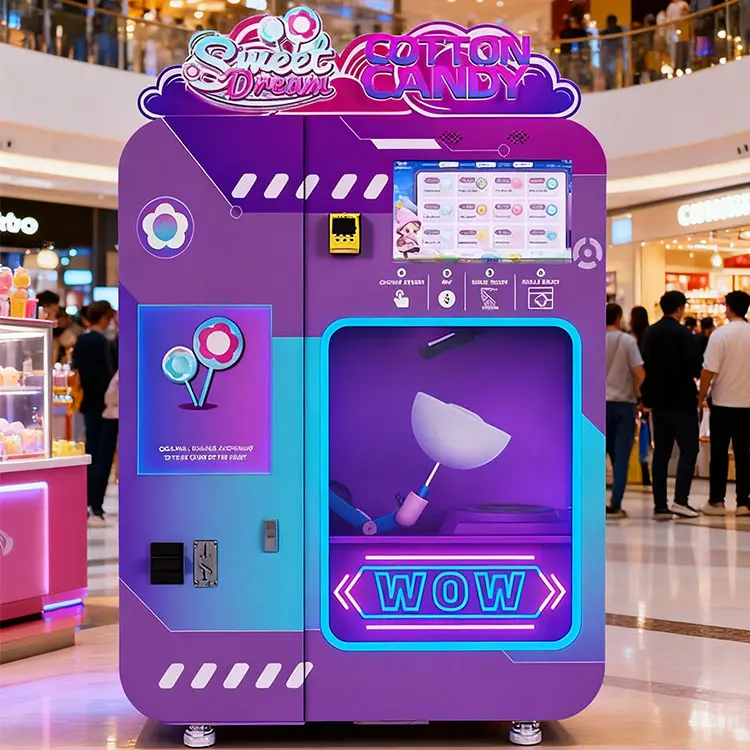
The Short Answer: It Depends on the Agreement
Yes, vending machine owners often compensate location partners, but not always with a straightforward rental fee. The payment structure is highly variable and depends on several factors, including the type of location, foot traffic, sales potential, and the negotiation power of each party.
Common Types of Location Payment Agreements
Understanding the different compensation models is key to structuring a profitable deal for both you and the location owner.
1. Commission-Based Agreements (Percentage of Sales)
This is the most prevalent model in the vending industry. Instead of paying a fixed rent, the vending operator agrees to pay the location owner a percentage of the total sales generated by the machine.
- Typical Commission Rates: 5% to 25% of gross sales.
- High-Traffic Premium Locations: Airports, large hospitals, and universities may command 20% or more due to the guaranteed customer volume.
- Advantage for Owner: Your cost is directly tied to your revenue. If sales are low, your fee is low.
2. Fixed Rent or Lease Agreements
In this model, you pay the property owner a flat, recurring fee to host your machine. This is less common but can be found in certain scenarios.
- When It’s Used: Often for smaller locations with predictable foot traffic or when the property manager prefers stable, predictable income.
- Risk: The operator bears all the risk. If sales dip, the fixed cost remains, potentially eating into profits.
3. Hybrid Models (Rent + Commission)
Some agreements combine a lower fixed rent with a smaller commission on sales. This can be a attractive middle ground, offering the location owner a guaranteed minimum income plus a share of the success.
4. No-Cost Placements (Free Rent)
Believe it or not, many placements cost nothing. This is typically achieved when the vending machine provides a valuable amenity to the location’s employees or customers.
- Ideal Scenarios: Small offices, breakrooms, waiting areas, and laundromats that want to offer a convenience without the hassle of managing it themselves.
- Your Pitch: Emphasize the free value-added service you are providing them.
Factors That Influence Location Costs
Why does one location ask for 10% while another demands 25%? Several key factors determine the price of prime vending real estate.
- Foot Traffic and Demographics: More people passing by means more potential sales. Locations with a captive audience (e.g., hospitals, airports) can command higher commissions.
- Exclusivity Agreement: If you secure an exclusive right to place machines on the premises, you will likely pay a higher commission for that valuable privilege.
- Type of Product Sold: High-margin items like electronics from a Cell Phone Case Vending Machine or specialty snacks can justify a higher commission rate.
- Machine Size and Utilities: If your machine requires a dedicated water line, significant floor space, or extra electricity, the location owner may ask for compensation to cover these costs.
How to Negotiate the Best Deal for Your Vending Machine
Approach negotiations as creating a partnership, not just a transaction. Your goal is to show the value you bring to their business.
- Lead with Value: Explain how your machine provides a desired service to their customers or employees, keeping them on-site and satisfied.
- Start Low: Begin negotiations with a lower commission offer (e.g., 8-10%) and be prepared to go higher if the location’s potential justifies it.
- Propose a Trial Period: Suggest a 3-6 month trial with a specific commission. This reduces the risk for the location owner and gives you a chance to prove your machine’s profitability.
- Highlight Your Machine’s Quality: Partnering with a reliable manufacturer ensures your machine is clean, modern, and low-maintenance. For instance, Wider Matrix vending machines are engineered for reliability and user experience, which is a strong point to mention during negotiations.
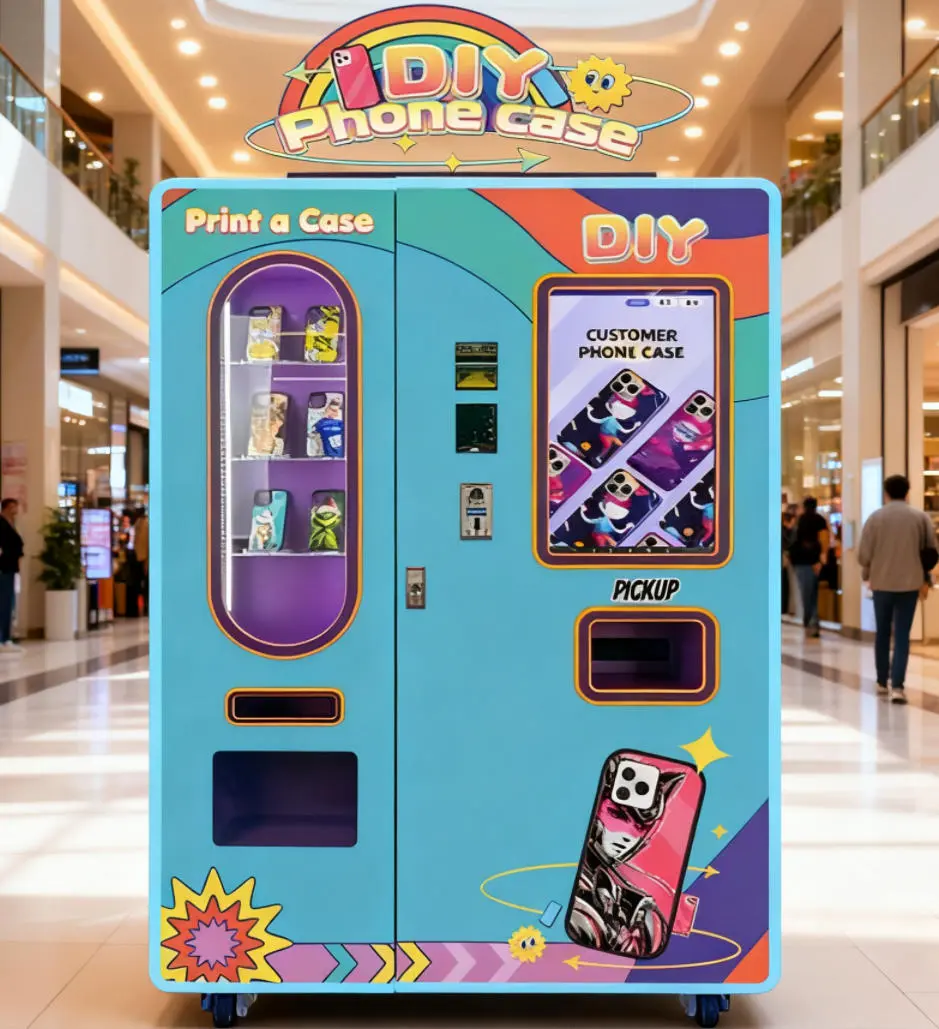
Beyond Payment: Other Location Considerations
Securing a location involves more than just agreeing on a price. Be sure to discuss these critical points:
- Contract Length: Aim for a 1-3 year contract with an option to renew to protect your investment in the location.
- Maintenance and Access: Ensure you have 24/7 access for restocking and maintenance without disrupting the location’s operations.
- Security: Confirm that the area is safe and well-lit to protect your asset from theft or vandalism.
- Utility Costs: Clarify who will pay for the electricity to run the machine. This is often negotiated as part of the overall agreement.
Frequently Asked Questions (FAQ)
Do all vending machine locations require payment?
No, not all. Many smaller locations, like break rooms in small offices or waiting areas in auto shops, are happy to host a machine for free as a convenience to their people. Payment becomes expected in high-traffic, premium spaces.
What is a standard commission for a vending machine location?
There is no true “standard,” but a common range is between 10% and 15% of gross sales. Highly competitive locations can demand 20% or more, while low-traffic spots might be secured for 5-10% or just free rent.
How do I approach a business about placing a vending machine?
Call or email to find the decision-maker (usually a manager, owner, or facilities director). Prepare a concise pitch focusing on the benefits for them: a new amenity, potential revenue share, and zero work on their part.
Can I move my machine if a location isn’t profitable?
This depends entirely on your contract. Most agreements have a clause allowing termination with 30-60 days’ notice. Always negotiate an exit clause before signing to avoid being locked into an unprofitable deal.
What types of vending machines are most profitable for location owners?
Machines offering unique, high-margin, or impulse-buy products tend to be very profitable. This includes fully automatic cotton candy vending machines and custom phone case vending machines. Their novelty and high perceived value can drive significant sales, making a higher commission rate easier to swallow for the operator.
Are Wider Matrix vending machines a good investment for securing locations?
Yes. Wider Matrix (gz) Technology Co., Ltd. designs its machines with location partnerships in mind. Their vending machines are known for reliability, modern aesthetics, and advanced features that appeal to both operators and location managers. Presenting a high-quality, reliable machine from an internationally certified company can be a significant advantage during negotiations, as it reduces potential headaches for the location owner.
Who is responsible if the vending machine breaks down?
The vending machine operator (you) is almost always solely responsible for all maintenance, repairs, and technical support. This is a key point to reassure location owners about.
Related Topics
- How Much Can You Make with a Cotton Candy Machine?
- Is a Cotton Candy Machine a Good Investment?

- Becoming a Phone Case Machine Maker
- Starting a Cotton Candy Factory Vending Business
- The Future of Phone Case Printing Vending Machines
Conclusion: Building a Profitable Partnership
So, do vending machine owners pay for locations? Often, yes—but the form of payment is a flexible tool for negotiation. The most successful vending operators view location agreements as partnerships. They choose reliable, attractive equipment that adds value to a space and negotiate terms that fairly share the profits of that value. Whether you’re placing a traditional snack machine or a innovative commercial cotton candy vending machine, the principles remain the same: demonstrate value, negotiate smartly, and secure a win-win deal. For those seeking cutting-edge and reliable vending solutions to help secure premium locations, exploring the range of machines offered by Wider Matrix is an excellent starting point for building a profitable route.

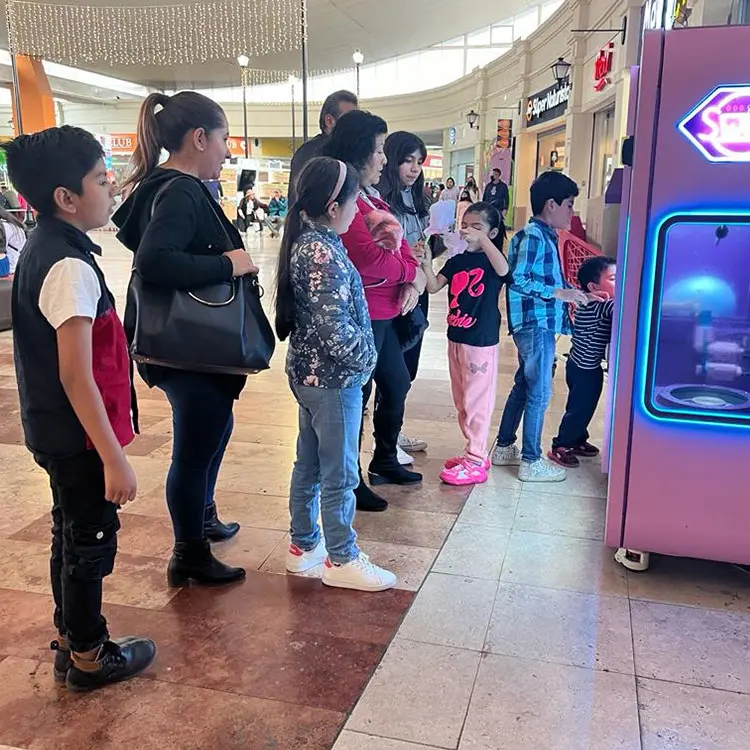
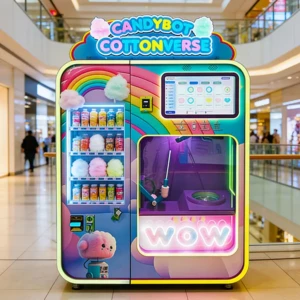
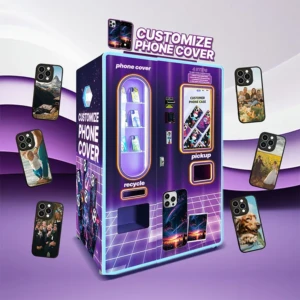
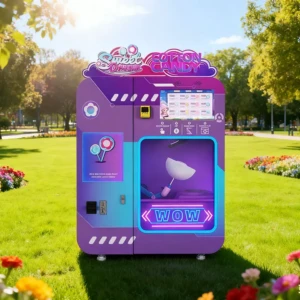
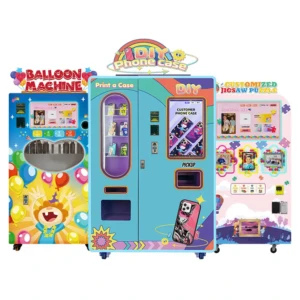

Comments
No comments yet. Be the first to comment!